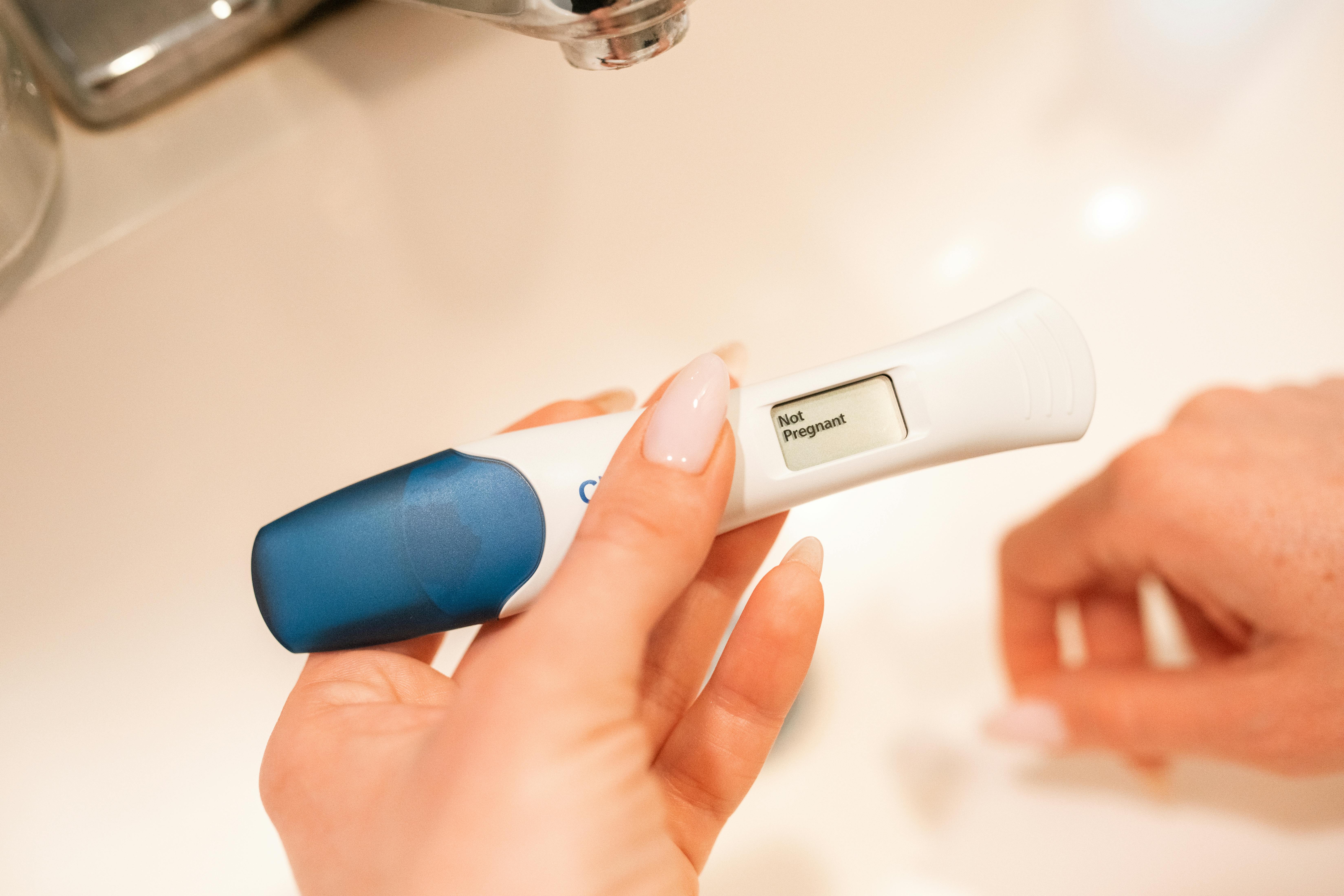Comparative Analysis of Home Births vs Hospital Deliveries: Making an Informed Choice for Your Baby’s Arrival

When it comes to childbirth, one of the most important decisions expectant parents face is where the baby will be born. With more and more parents considering non-hospital birth options, it has become increasingly necessary to understand the potential benefits and risks of home births versus hospital deliveries. This comparative analysis of home births and hospital deliveries will provide an in-depth understanding to help you make an informed choice about your baby's arrival.
Understanding Home Births
A home birth refers to the delivery of a baby in your private residence under the supervision of a qualified midwife or birth professional. This option provides a familiar and comfortable environment for the mother, accentuating the idea of childbirth as a natural process rather than a medical condition. Freedom to labor and deliver in any position, less medical intervention, more control over the birthing process, and having your loved ones by your side are some of the main advantages identified with home births.
However, the decision to opt for a home birth should be made after a careful assessment of risk factors. Certain medical conditions, including a history of preterm birth, high blood pressure, or diabetes could make home birth a less desirable option. Similarly, for women having twins or whose babies are not positioned head-down, a home birth may not be the safest choice.
Understanding Hospital Deliveries
Traditionally, a majority of childbirths across the world occur in hospitals. These medical facilities provide a controlled environment with instant access to modern equipment and experienced obstetricians, offering a more systematic approach to childbirth. In the event of a labor complication, the availability of life-saving interventions such as C-sections and neonatal care units can prove indispensable.
On the downside, hospital births may lead to more medical interventions like inductions, epidurals, or C-sections, which may not always be medically necessary. Additionally, the more clinical environment may feel impersonal to some mothers, potentially leading to increased stress during labor and delivery.
Comparing Safety: Home Births vs Hospital Deliveries
Safety is often a subject of intense debate when it comes to choosing between home births and hospital deliveries. On one hand, hospitals are equipped to handle emergencies more capably. Nonetheless, home births attended by a certified midwife in a low-risk pregnancy can be as safe as a traditional hospital birth.
Note that unexpected complications can arise quickly, even in low-risk pregnancies. While some complications can be resolved at home, others may require hospital transfer, potentially wasting crucial time. Therefore, your decision should be based on a comprehensive evaluation of your individual circumstances, overall health, and access to emergency medical services.
The Role of Midwives and Birth Professionals
Regardless of the chosen location, having a trusted midwife or birth professional can make a significant difference to your childbirth experience. In a home birth scenario, they play a vital role in ensuring a safe delivery, providing emotional support, guiding labor positions, and identifying when a transfer to a hospital is necessary.
However, even in a hospital setting, a professional midwife can act as a bridge between the mother and the medical team, providing a more personalized experience and advocating for your specific desires and needs during childbirth.
Cost Implications
Another factor to consider is the cost involved in both options. While hospital births may be pricier due to the various services and facilities utilized, they are often covered at least partially by insurance. Home births, on the other hand, could become expensive if there’s a need for an emergency transfer or if your insurance does not cover home births.
Conclusion
In the end, the choice between a home birth and a hospital delivery boils down to personal preference, risk tolerance, and health status. There is no one-size-fits-all answer as the right birthplace choice depends entirely on the specific circumstances of each expectant parent. Understanding the implications of both choices will help you make an informed decision that takes into account the safety, comfort, and financial aspects contributing to your baby's arrival.





